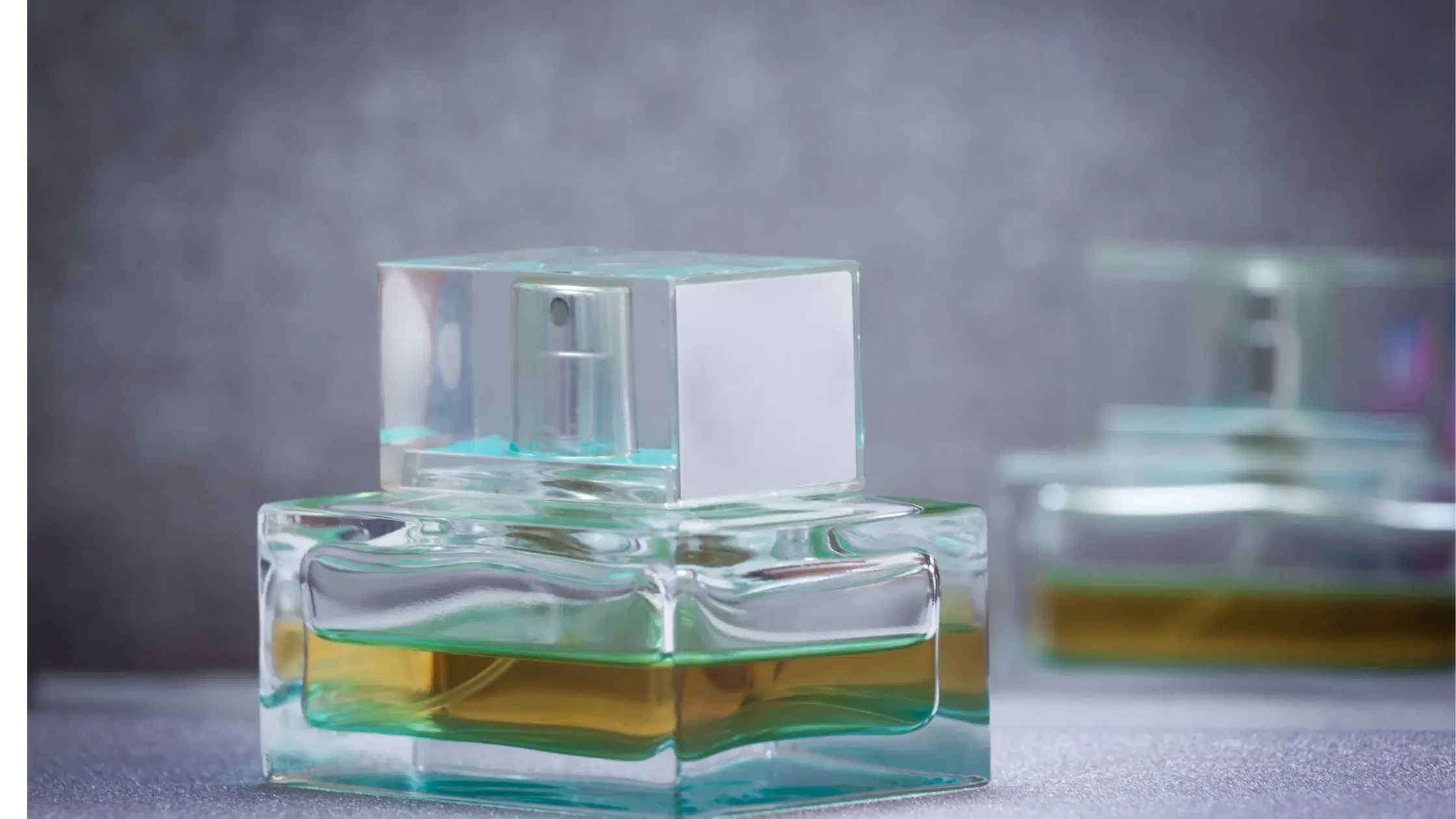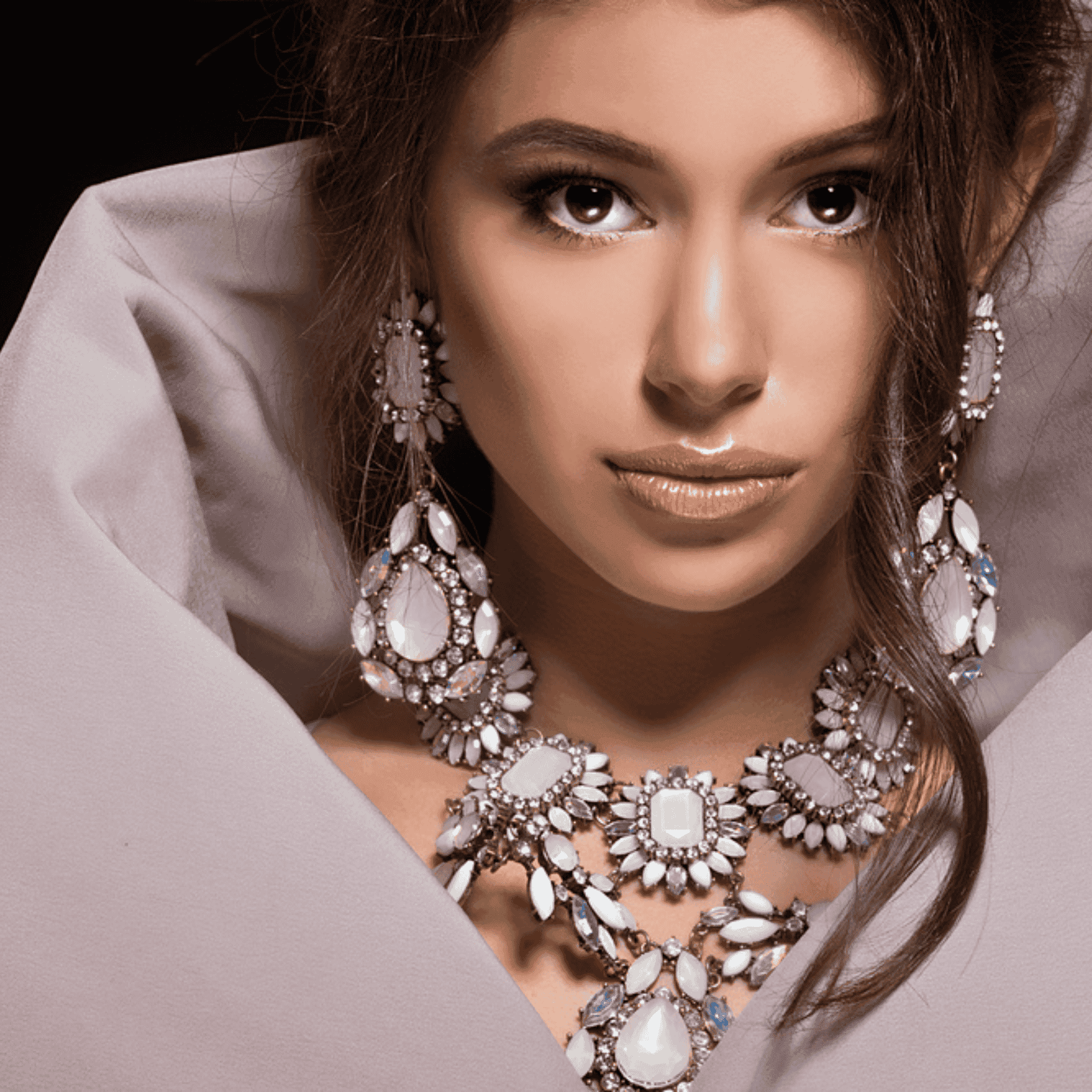
Luxury Edit
•04 min read
-8704a161-e35d-4932-b982-017add6889b1.png&w=3840&q=75)
Choosing the perfect luxury cologne and perfume is more than just finding a pleasing scent—it is about unearthing a fragrance that mirrors your personality, style, and the unique impression you wish to leave. In this guide, we explore key aspects of luxury fragrances, designer scents, and high-end perfumes. You will learn how to identify your signature aroma and build a luxury scent collection that expresses your identity with every spritz.
The terms cologne and perfume are often used interchangeably, but they describe different concentrations of fragrance oils. Luxury eau de parfum has a higher concentration, making it richer and longer-lasting. On the other hand, premium colognes have a lighter blend, providing a refreshing appeal. Recognizing these differences is important when finding an elegant perfume or sophisticated cologne that suits your style and occasion.
The term cologne has roots in a historic place known for its light, citrus-based scents. It became associated with masculine fragrances due to its subtle and refreshing character, perfect for active lifestyles. However, both cologne and perfume can encourage self-expression regardless of gender. Both types offer unique benefits and can be chosen based on personal taste and the impression you wish to convey.
When exploring luxury fragrances, it is useful to understand the variety of concentrations available. Consider the following types:
Perfume (Parfum): This is the most concentrated, offering a long-lasting scent.
Eau de Parfum: Slightly less intense but still rich and enduring.
Eau de Toilette: A lighter option, ideal for everyday wear.
Eau de Cologne: Perfect for those who prefer a refreshing and subtle aroma.
By understanding these options, you can better match a fragrance with your daily routine or special occasions.
Finding your signature scent goes beyond a casual sniff—it's about aligning a fragrance with your lifestyle. When exploring designer scents or niche fragrances, consider these key factors:
Personality: Are you attracted to bold, spicy notes or soft, floral aromas?
Occasion: Elegant perfumes may suit formal events, while sophisticated colognes work well for everyday activities.
Season: Lightweight citrus scents are ideal in summer, whereas warm, woody notes create a cozy feel in winter.
Longevity: High-end perfumes often exhibit longer lasting power, ensuring that your fragrance stays with you all day.

Taking these factors into account will help you choose a fragrance that is a true reflection of you.
When sampling luxury fragrances, it is important to avoid sensory overload. Limit your testing to a few options at a time and always apply the scent directly to your skin. This practice allows the fragrance to mingle with your body chemistry, revealing the evolving layers of top, middle, and base notes. Giving each scent time to settle helps you truly appreciate its character before making a decision.
Luxury fragrances fall largely into two categories. Designer scents, created by renowned fashion houses, offer a refined and sophisticated appeal, often presented in exquisitely designed packaging. Niche fragrances, in contrast, are crafted by independent perfumers who focus on exclusive, unique blends. Whether you choose high-end perfumes or sophisticated colognes, understanding the core differences can guide you toward the right choice that complements your individuality.
Luxury fragrances captivate with their complex layers. The notes usually found in elegant perfumes include:
Floral: Soft aromas like rose, jasmine, and lily impart a delicate, feminine touch.
Woody: Rich elements like sandalwood, cedar, and oud offer warmth and depth.
Citrus: Fresh blends like bergamot, lemon, and orange create an invigorating feel.
Oriental: Spicy notes including vanilla, amber, and exotic spices evoke a sense of mystery.
Knowing which notes resonate with you means you can better navigate your options in the world of exclusive fragrances.
Putting together a luxury scent collection is like building a wardrobe for your senses. Incorporate a mix of concentrations by including elegant perfumes for special occasions and sophisticated colognes for daily wear. Consider a seasonal rotation where lighter, fresher scents are prioritized for warmer months, and richer, deeper hues are embraced in the colder season. Experimenting with layering is another exciting way to mix a niche fragrance with a designer scent, giving you a signature blend that is uniquely yours.

One of the best ways to enjoy your premium colognes and high-end perfumes is to store them properly. Keep them in a cool, dark place away from direct sunlight and heat. This simple step preserves the integrity of the fragrance oils, ensuring that every spray reflects the luxurious quality you value.
Insight Corner: The Art of Fragrance Layering
Did you know that layering fragrances can create a completely unique scent? Start with a base fragrance, such as a woody or oriental note, and add a lighter, complementary scent like citrus or floral. This technique allows you to personalize your luxury fragrance experience and stand out effortlessly.
Cologne has a lower concentration of fragrance oils and is lighter, while perfume is richer and more long-lasting due to a higher concentration.
Cologne is best applied to the skin, where it interacts with your natural body chemistry to reveal its true scent. It is not recommended for clothing as it may result in stains.
This naming tradition comes from the historical roots of cologne in Germany, where light, citrus-based formulations were popular and later associated with masculine fragrances.
Absolutely. Both cologne and perfume are tools for self-expression and can be enjoyed by anyone based on personal style and scent preference.
Yes, designer scents are produced by major fashion houses and known for their signature style, while niche fragrances are often more exclusive and experimental, created by independent perfumers.
Choosing the perfect luxury cologne or perfume is a delightful journey of personal expression. By understanding the differences between cologne and perfume, identifying the notes that best resonate with your style, and exploring the rich world of designer scents and niche fragrances, you can build a luxury scent collection that is uniquely yours. Every spray is a step towards showcasing your individuality and leaving a memorable impression. Embrace the art of fragrance, and let your scent speak for the sophisticated, stylish person you are.